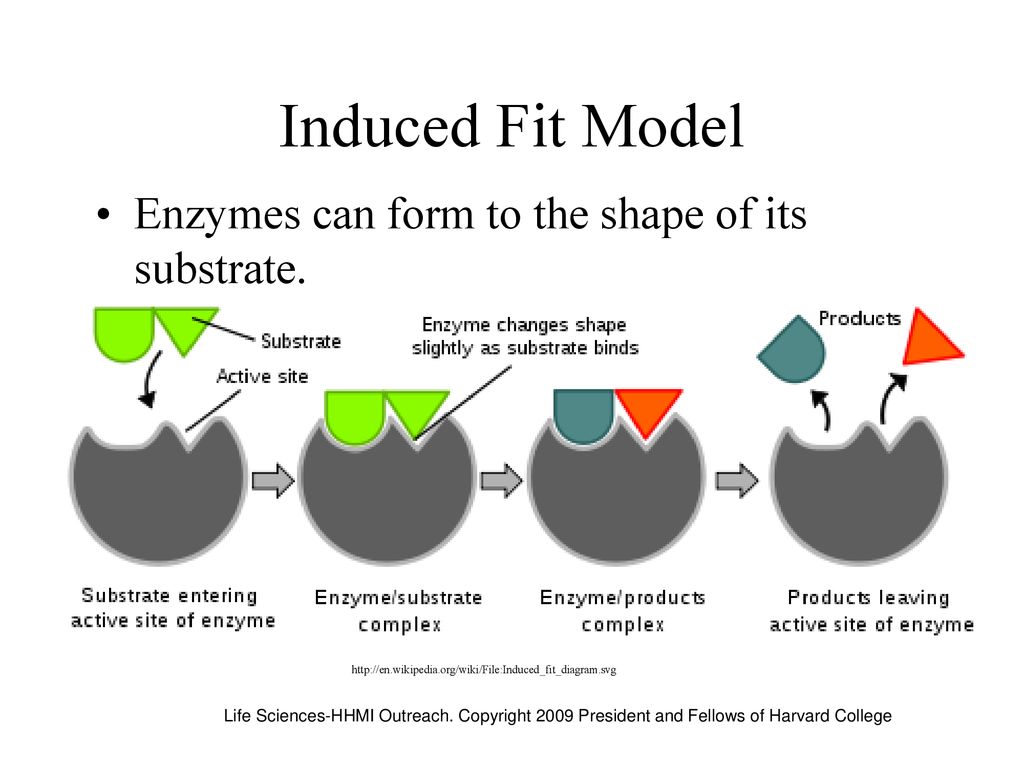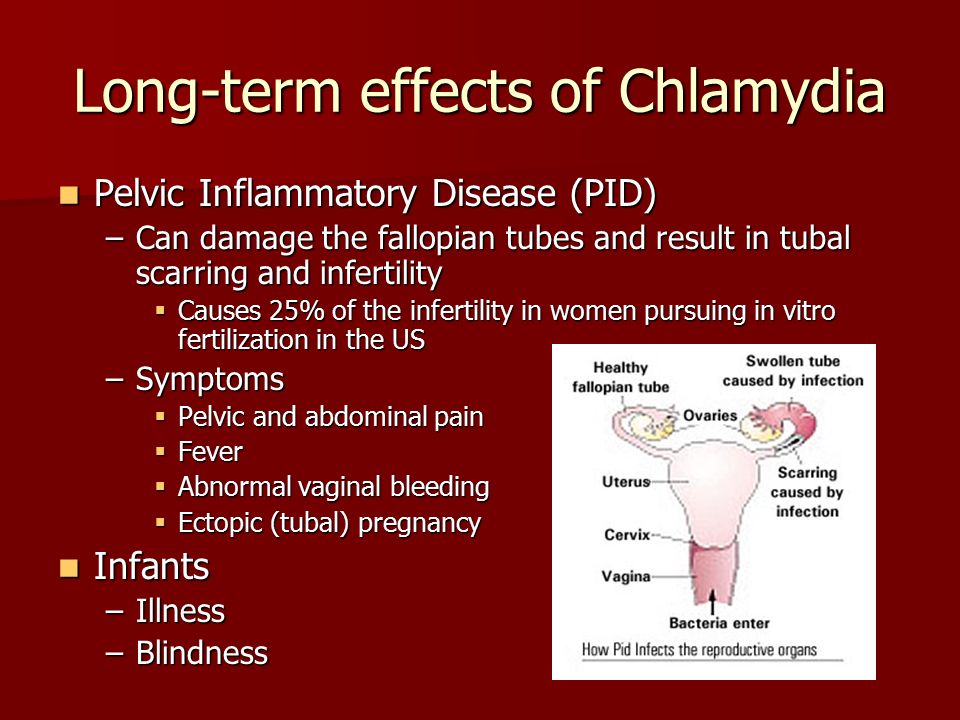What month is 25 weeks pregnant
Baby and You at 25 Weeks Pregnant
Key Takeaways at 25 Weeks Pregnant
- Things are getting real! Your bump is no longer concealable, and you’ve probably gained about 15+ pounds so far.
- Baby is establishing a sleep pattern in utero. You’ll notice (and feel) that they’re active for part of the day and then quiet for 12 to 14 hours while they snooze. If you’re worried about limited activity, try having a sip of water or juice to see if it motivates baby.
- Pregnancy symptoms abound. You may have trouble sleeping—especially with that bump in the way. As organs shift and your uterus expands, you could experience heartburn and frequent urination too. You may also have Braxton Hicks practice contractions too.
You’re 25 weeks pregnant, and it’s probably dawned on you that soon you’ll actually have to deliver this baby. That might be a little scary, but it’s also exciting! What’s cool is that most hospitals will let you pre-register for delivery, which means you can fill out your admissions paperwork early so you don’t have to stand around filling out a bunch of forms while in the throes of labor.
Baby at Week 25
Baby is enjoying their new sense of equilibrium—yep, your 25-week fetus is now learning which way is up and which is down. As for 25 weeks fetal development, baby is growing more fat and more hair too!
How big is baby at 25 weeks?
Baby at 25 weeks is as big as a head of cauliflower, measuring 13.6 inches in length and weighing nearly 1.5 pounds. At 25 weeks, baby’s size is starting to feel tangible. This baby thing is happening soon!
What does baby look like at 25 weeks in the womb?
Your 25-week-old fetus is growing more hair on that sweet little noggin, and they might bounce around suddenly in your 25 week baby bump if a loud sound startles them. Baby may also respond to your voice by moving or getting the hiccups, and their eyelids may open this week!
25 weeks pregnant is how many months?
While most doctors track pregnancy by week, not month, 25 weeks pregnant is six months pregnant. Still, knowing the answer to “how many months is 25 weeks pregnant?” can be helpful, since casual references to your pregnancy by family and friends may be by month.
25 week ultrasound
It’s not likely that you’ll get an ultrasound at 25 weeks pregnant, unless your doctor has ordered extra monitoring for baby. You’ll see the OB once this month if you haven’t already. Starting at week 28, your visits will get bumped up to every two weeks.
In case you missed it, the glucose challenge screening test will happen between weeks 24 and 28, so if you haven’t gone yet, make sure you have an appointment set. Your doctor may ask you to not eat for several hours beforehand (not so fun when you’re 25 weeks pregnant) and then drink a sugary solution. Your blood will be drawn to see how your body’s processing sugar. This test can rule out gestational diabetes or raise a red flag, in which case your doctor would order further testing.
3D Views: My Baby, My Body
See their progress for yourself with our 3D interactive tool.
See My Baby in 3D
See My Body in 3D
Pregnancy Symptoms at Week 25
You’re probably still feeling pretty energetic, but you also might be starting to feel weighed down by your bigger-by-the-day baby.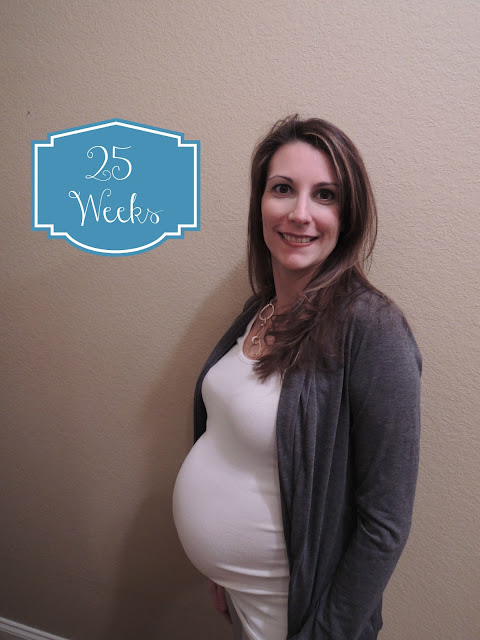 Your 25 weeks pregnant symptoms may include:
Your 25 weeks pregnant symptoms may include:
Trouble sleeping
Maybe you can’t sleep because you’re getting nervous about delivery, or maybe it’s your haywire hormones—or just your big belly getting in the way. Experiment with different strategies for getting some sleep. One idea is to drink extra water early in the day, so you can start tapering off your intake as you get closer to bedtime. That way, you might need fewer bathroom breaks during the night.
Frequent urination
Constipation
Exercising (it’s as simple as taking regular walks), drinking lots of water and eating plenty of fiber-rich foods can help you stay regular.
Hemorrhoids
We can’t sympathize enough about these swollen varicose anal veins. Hemorrhoids are common in the second half of pregnancy because baby is putting a ton of pressure on your digestive tract. And the constipation certainly isn't helping. Getting the constipation under control will help prevent straining while you go to the bathroom and hopefully will prevent future swelling and discomfort.![]()
Gas and bloating
Your hormones are slowing down digestion, creating excess gas.
Heartburn
Add this to your list of tummy troubles. Baby is pushing on your digestive tract, which can, in turn, push stomach acid up your esophagus and cause painful burning. Most antacids should be safe during pregnancy (but always check with your doctor!) and also contain lots of calcium as an added bonus. Avoiding greasy and spicy foods can also help with heartburn, especially before bedtime.
Braxton Hicks contractions
Usually these little “practice contractions” show up around 28 weeks, but some moms-to-be notice them earlier than that. If you get them, you’ll notice your uterus get super hard and tight and then go back to normal. Luckily, Braxton Hicks contractions aren’t frequent and they don’t happen regularly. They’ll also go away if you switch positions. Real contractions, on the other hand, will happen repeatedly and will continue to get stronger and more frequent. If you’re worried your contractions are the real deal and not just practice, call the doctor right away. You could be going into preterm labor—some moms-to-be are more at risk for going into labor early, including those who are 25 weeks pregnant with twins—and sometimes preterm labor can be stopped if it’s caught early enough.
If you’re worried your contractions are the real deal and not just practice, call the doctor right away. You could be going into preterm labor—some moms-to-be are more at risk for going into labor early, including those who are 25 weeks pregnant with twins—and sometimes preterm labor can be stopped if it’s caught early enough.
What to expect at 25 weeks pregnant
At 25 weeks pregnant, you can expect your increasingly large pregnant belly to feel tight and itchy, and your body to feel, well, stretched a little thin. And while your 25 week baby bump might look adorable to everyone else, you might feel less than enthusiastic. Alternately, you might be completely tickled that it looks like you swallowed a kickball! However you feel, know that it’s all okay. There’s a lot to get used to, so don’t expect yourself to feel positive about it 24/7.
Your Pregnant Belly at 25 Weeks
You’ve probably gained about 15 to 18 pounds total so far. Are you 25 weeks pregnant with twins? For you it’s probably more like 25 to 40 pounds.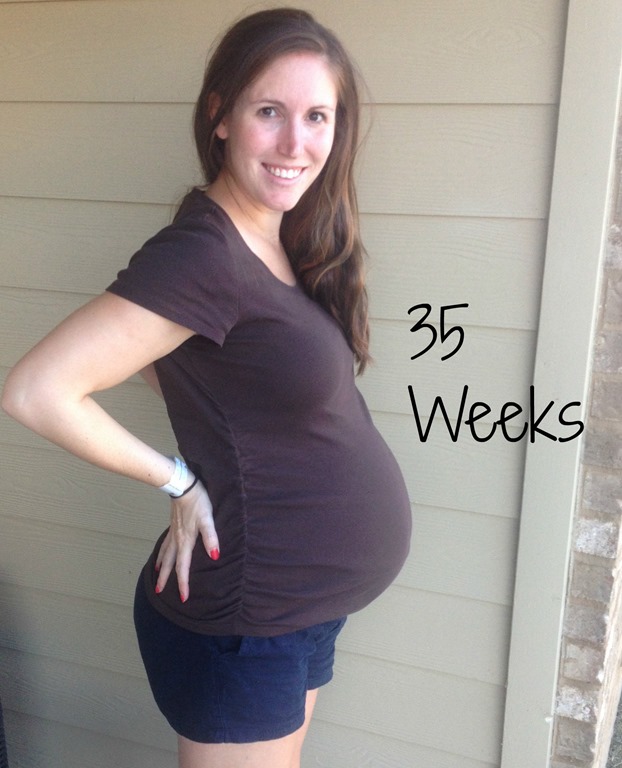
When you’re 25 weeks pregnant, weight gain can be a source of anxiety. We know, we know, we’ve been telling you to gain slowly and steadily, but it’s also really common for the number on your scale to jump around during this time in the second trimester. Part of that may be due to the amount of water weight pregnant women put on in mid-pregnancy. And realistically, gaining the exact same amount of weight each week just isn’t going to happen—there are naturally going to be some fluctuations. Your doctor just wants you to make healthy weight gain a goal so you and baby stay as healthy as possible. (And also so your third trimester isn’t miserable because you’re carrying around a lot of extra weight!)
So don’t sweat a few extra pounds, and keep up with your healthy eating and exercise. If your weight gain really is a problem, your doctor will let you know. Instead of stressing too much about your weight, focus on what’s going on inside that 25 weeks pregnant belly.
Fetal movement at 25 weeks has become more noticeable—and you’re probably noticing some patterns. When you’re feeling lots of kicks, baby is awake, and when you’re not, they’re likely snoozing. Regular movement is a sign of a healthy, active baby. If you haven’t felt baby move in a while and you want some reassurance that everything is okay, drink some ice water, play some music or have your partner give you a light massage, and your little one might just wake up and give you a few jabs.
When you’re feeling lots of kicks, baby is awake, and when you’re not, they’re likely snoozing. Regular movement is a sign of a healthy, active baby. If you haven’t felt baby move in a while and you want some reassurance that everything is okay, drink some ice water, play some music or have your partner give you a light massage, and your little one might just wake up and give you a few jabs.
Is 25 weeks the 3rd trimester?
Not quite, but you’re getting close! The third trimester starts at week 28, when you’re 7 months pregnant. Until then, you’re still in your second trimester. But enjoy it! The third trimester often brings the return of intense exhaustion and discomfort with that big belly.
"In order to make the best decisions for you and your baby, you have to know all of your options. Hiring a doula for birth support can help with that! A doula provides physical, education and emotional support before, during and after birth.” - Jacquelin Knighton, co-owner, Doulas of Capitol Hill and Doulas of PG County
Tips for 25 Weeks Pregnant
Feel like this pregnancy is stretching on forever? Here are some things you can do to take action this week.
Feel like your heart skipped a beat?
It might have! Heart palpitations are not uncommon during pregnancy because your heart is pumping 50 percent more blood, and pumping that extra blood even faster than normal. Pay attention to when you feel these flutters, skips or racing or pounding heart and mention it to your doctor. It shouldn’t be anything to worry about, but it’s always good to communicate anything new.
Moisturize your itchy skin
Your 25 weeks pregnant belly and growing breasts probably feel tight and itchy right now, and moisturizing them frequently can help. Find a rich belly cream that helps ease the itch, but also remember to drink plenty of water and avoid hot showers or harsh soaps, which can dry out your skin more.
Watch your eyes
Okay, you can’t literally watch your own eyes, but you should pay attention to changes in your vision or eye health. Pregnancy can temporarily affect your eyes, causing blurry vision and dry eyes. Vision changes can also signal complications like preeclampsia and gestational diabetes, so mention any changes to your doctor, just in case.
Vision changes can also signal complications like preeclampsia and gestational diabetes, so mention any changes to your doctor, just in case.
Keep up with healthy eating
Eating well helps you maintain your energy and keeps your body, and baby, healthy. It can also help you avoid unpleasant symptoms like constipation. Keep your meals focused on whole, fresh foods and whole grains.
ADVERTISEMENT
Pregnancy Checklist at 25 Weeks Pregnant
Reminders for the week:
- If you’re comfortable traveling, jet off for a final trip!
- Help your baby shower host
- Learn what pediatricians don’t want you registering for
25 Weeks Pregnant: Symptoms, Belly, Baby Movement
Reviewed by
Tanya Tantry, MD
Obstetrician & Gynecologist, Medical Consultant at Flo
Contents
Once you reach week 25 of your pregnancy, you’ll be nearing the end of your second trimester. It can feel like times flies! At 25 weeks pregnant, you’re approximately 5 months and 2 weeks along. Your baby has been growing steadily and even though it’s still not ready, it won’t be long before it comes into the world.
It can feel like times flies! At 25 weeks pregnant, you’re approximately 5 months and 2 weeks along. Your baby has been growing steadily and even though it’s still not ready, it won’t be long before it comes into the world.
Week 25 of pregnancy comes with many changes, both for you and your baby. You can develop Restless Leg Syndrome (RLS), heartburn, Carpal Tunnel Syndrome, and other symptoms that might be uncomfortable but normal during this period.
Your 25-week old baby is constantly growing, moving, and getting ready to meet you. Read on to learn more about the changes in your and your baby’s bodies during week 25 of pregnancy.
By week 25 of pregnancy, your baby is starting to gain baby fat, which will smooth out its skin and make it look chubbier. If your baby has hair already, its color and texture might be starting to show. Your baby’s reflexes are also developing.
Your 25-week old baby will enjoy jumping and playing inside your belly, and they’ll be able to hear your voice and other noises.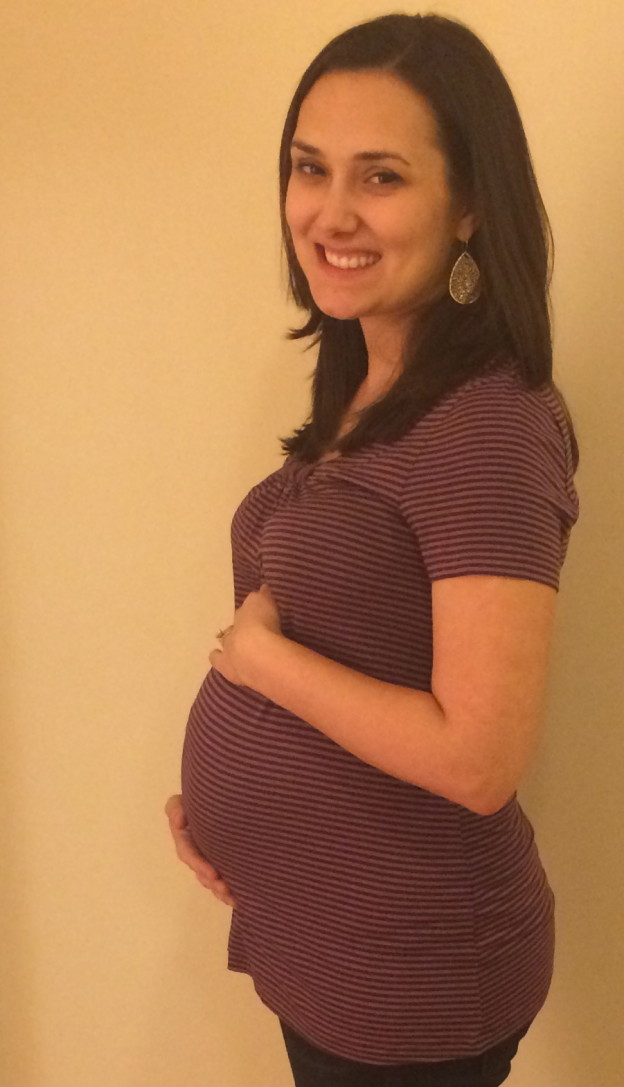 Fingerprints have formed already, and palm creases are beginning to show.
Fingerprints have formed already, and palm creases are beginning to show.
Your baby is also looking more pink as small vessels in their skin called capillaries start to form, enhancing the blood flow under their skin. Although the baby’s eyelids are still closed, the cells that allow vision — called rods and cones — have formed and it can sense light and dark.
Take a quiz
Find out what you can do with our Health Assistant
How big is your baby at 25 weeks pregnant?
By the time you’re 25 weeks pregnant, your baby will weigh approximately 1.7 pounds (785 grams) and measure 13.1 inches (33,6 cm). If we’re comparing baby sizes to fruits and vegetables, your baby is already the size of a full ear of corn. Along with other changes that are occurring in your baby’s body, this weight gain is already preparing them for life outside your belly.
25 weeks pregnant baby position
At this point the bab has not yet decided to assume the head down position in readiness for birth.![]() The head is still near your chest and the feet face downwards. It will take up this position very soon though, sometimes as early as the following week.
The head is still near your chest and the feet face downwards. It will take up this position very soon though, sometimes as early as the following week.
Pregnancy week 25 fetal development
During week 25 of pregnancy, your baby’s nose and nostrils begin to function. During this week, your baby will start to breathe in amniotic fluid. The capillaries that are forming on your baby’s skin will also form inside his or her lungs, allowing the baby to take practice breaths from now on.
Your baby’s lungs have also started to produce surfactant, which will help them breathe after birth. However, their lungs are still immature and can’t oxygenate the baby’s blood.
A 25-week old baby is also starting to develop its sense of balance. They’ll be able to differentiate which way is up or down inside your uterus. They’re also becoming more dexterous, and they’ll be able to perform grasping motions. They can even grab their own umbilical cord!
Your baby isn’t the only that’s changing during week 25 of pregnancy. During this week, you’ll probably see an increase in your weight, and you might experience new symptoms. Some symptoms of pregnancy can be uncomfortable, but remember that they’re a sign of all the things your body is doing to help your baby grow strong!
During this week, you’ll probably see an increase in your weight, and you might experience new symptoms. Some symptoms of pregnancy can be uncomfortable, but remember that they’re a sign of all the things your body is doing to help your baby grow strong!
25 weeks pregnant belly
By week 25 of pregnancy, your uterus has reached the size of a soccer ball. You’ll have gained 15 to 18 lbs (7-8 kg) during your pregnancy, or 25 to 40 lbs (11- 18 kg) if you’re having twins. Many women start gaining more water weight around this time. As long as you’re gaining an adequate amount of weight, these fluctuations are normal.
You’ll notice that your baby’s movements get stronger and develop certain patterns. So be prepared for kicks, somersaults, and jumps! Your baby will also probably start reacting to music, voices, and sounds.
25 weeks pregnant symptoms
Many women start feeling more tired around the end of their second trimester. Your belly is getting bigger, so it makes sense if you feel weighed down. Some of the symptoms of week 25 of pregnancy include:
Some of the symptoms of week 25 of pregnancy include:
- Restless Leg Syndrome: RSL symptoms make you feel the urge to move your legs constantly to relieve a tingling or crawling sensation.
This symptom appears when you’re resting or sleeping, and some women also feel it in their arms, thighs, or hands.
The cause of RSL hasn’t been identified, but the main mechanisms that may contribute to the development of RLS during pregnancy are hormonal changes, as well as iron and folate deficiencies. The good news is that it goes away about 4 weeks after childbirth.
RLS treatment during pregnancy includes mild exercise, warm baths before bed, taking supplements such as iron, folates, vitamin B12, magnesium, and avoiding caffeine — remember to consult your doctor before taking any medications.
- Thicker hair: the hormonal changes during your pregnancy inhibit normal hair loss. Enjoy this perk now, since all the hair you don’t lose during pregnancy will shed after the birth.

- Carpal Tunnel Syndrome: hormonal fluctuations, fluid retention with a tendency to edema, nerve hypersensitivity, and glucose level fluctuations can cause the symptoms of carpal tunnel syndrome such as temporary numbness or tingling in your hands. Symptoms are usually mild and are not the matter of concern. Treatment is not required in most of the cases.
- Hemorrhoids: your growing belly puts pressure on your pelvic veins, which can cause hemorrhoids. They’re uncomfortable, but they’re common during pregnancy and should disappear after delivery.
- Heartburn or indigestion: the baby will also put pressure on your digestive tract, which can push acid up your esophagus.
- Bloating: during pregnancy, hormonal changes will slow down your digestion. This can cause gas to accumulate, leading to abdominal bloating and constipation.
You probably won’t have an ultrasound scheduled for week 25 of pregnancy, unless you’re under close monitoring from your doctor. You should be getting a glucose challenge screening test between weeks 24 to 28 to rule out gestational diabetes.
You should be getting a glucose challenge screening test between weeks 24 to 28 to rule out gestational diabetes.
If you’ve already had the test and got abnormal results, your doctor could schedule a repeat test for this week.
- Keep up with your healthy diet: keep high-fiber diet, get plenty of vegetables, fruits, nuts and seeds, low-mercury fish, and lean protein. You shouldn’t try to eat for two, but it’ also recommended for you not to skip meals
- Mild exercise: avoid contact sports, lifting excessive weights, and lying on your back. But besides that, it’s fine to keep exercising regularly. Listen to your body (and your doctor!) and don’t work out when you’re feeling too tired, short of breath, or dizzy.
- Drink lots of water: making sure you’re properly hydrated can help with constipation, bloating, and hemorrhoids.
- Moisturize: you can develop stretch marks on your tummy and breasts around week 25 of pregnancy. You can also get itchy skin rashes.
 Moisturize daily to relieve these issues.
Moisturize daily to relieve these issues.
Sex at week 25 of pregnancy
Sex is safe throughout your pregnancy right up until your due date. In fact, many women find that their sex drive increases with pregnancy. By week 25 of pregnancy, some positions might make you uncomfortable, so you and your partner can try finding new positions that work for you.
It’s also perfectly safe to masturbate during pregnancy. And hey, there are many beneficial masturbation effects on women’s health.
- Think about your birth plan: births don’t always go according to, well, birth plans. But this is a good time to start thinking about the type of birth you’d like.
- Plan for your baby: start buying your baby-items before your bump gets bigger and you feel more uncomfortable.
- Spend time with your partner: during their second trimester, many women experience less nausea but can still move around comfortably. This might be the perfect moment to plan a trip or spend more time with your partner before the baby comes!
- Learn more about newborn babies: especially if you’re a first-time mom, now is the time to start learning more about your newest addition, how to care for them, and what to expect.

- Manage your stress: now that delivery isn’t too far away, it’s normal to feel worried and anxious. But studies have shown that women who negate positive feelings during pregnancy are more likely to suffer from postpartum depression, so week 25 of pregnancy is a great moment to learn some stress management techniques.
What to ask your doctor?
Even if you don’t have an appointment this week, talk to your doctor if you experience contractions, spotting, bleeding, or any symptoms that concern you. If you do have an antenatal appointment, discuss your symptoms and birth plan with your doctor. Your doctor or midwife can also advise you on how to manage symptoms during week 25 of pregnancy.
Week 25 of pregnancy is an exciting time! Your baby has been growing and getting ready to meet you, and many important changes are happening inside your belly. You’ll be entering your third trimester soon, which means it won’t be long until the baby arrives!
References
https://www.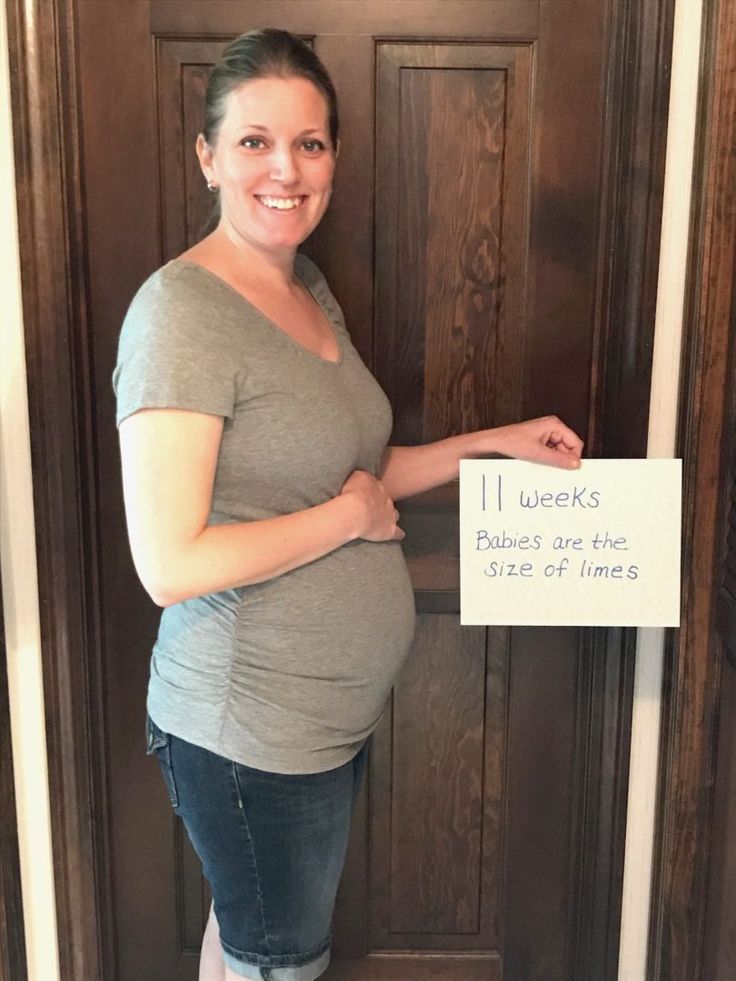 parents.com/pregnancy/week-by-week/25/
parents.com/pregnancy/week-by-week/25/
Continue reading
26
26 week pregnant
27
27 week pregnant
28
28 week pregnant
See all weeksMonths of Pregnancy | Elite Clinic
- First month of pregnancy (weeks 0-4)
- Second month of pregnancy (weeks 5-8)
- Third month of pregnancy (weeks 9-12)
- Fourth month of pregnancy (weeks 13-16)
- Fifth month of pregnancy (weeks 17-20)
- Sixth month of pregnancy (weeks 21-24)
- Seventh month of pregnancy (weeks 25 -28)
- Eighth month of pregnancy (weeks 29-32)
- Ninth month of pregnancy (weeks 33-36)
- Tenth month of pregnancy (weeks 37-40)
First month of pregnancy (weeks 0-4) >
starts on the first day of the last menstrual period and lasts 4 weeks.
Fertilization occurs about two weeks after menstruation. Then a child is born.
At the end of the month, 36 weeks (8 months 12 days) remain before delivery.
At the end of the month the fetus is two weeks old.
Pinhead sized fetus.
REMEMBER! During pregnancy, you should not take any medication on your own initiative. Check with your doctor or health center nurse for safety information.
back to index
The second month of pregnancy (weeks 5-8)
begins when 4 weeks have elapsed from the first day of the last menstruation.
Lasts 4 weeks.
At the end of the month, 32 weeks remain before delivery (7 months 14 days).
At the beginning of the month, the embryo is two weeks old, at the end - six weeks old.
At the end of the month, the length of the embryo is about 1.5 cm.
The embryo has small arms and leg rudiments.
The heart and nose begin to develop. ears and eyelids, nervous system, spine and umbilical cord.
REMEMBER! Smoking and drinking alcohol during pregnancy can harm your baby.
back to index
The third month of pregnancy (weeks 9-12)
begins when 8 weeks have elapsed from the first day of the last menstruation
At the end of the month, 28 weeks (6 months 16 days) remain before delivery.
At the beginning of the month the fetus is 6 weeks old? at the end of 10 weeks.
At the end of the month, the length of the fruit is approx. 9 cm. The weight is approx. 20 g.
The heart starts beating for the first time.
The fetus floats in the amniotic fluid in the bladder and receives nutrients through the umbilical cord.
The fetus already has the upper and lower jaws and the rudiment of the tongue. The first rudiments of teeth appear.
REMEMBER! A good physical and mental condition of the mother contributes to the successful development of the fetus: a healthy diet and walks in the fresh air are useful for both.
back to index
The fourth month of pregnancy (weeks 13-16)
begins when 12 weeks have elapsed from the first day of the last menstrual period.
At the end of the month, 24 weeks remain until delivery (5 months 18 days)
At the beginning of the month, the fetus is 10 weeks old, at the end of the 14 weeks.
At the end of the month, the fetus is about 16 cm long and weighs about 100 g. The uterus is about the size of a fist.
The head is large and makes up almost half of the total length. The face begins to take shape. Ears and genitals develop.
The fetus tries to breathe and swallow. He pushes with his legs, moves his toes and fingers, turns his head. The mother, however, does not yet feel these slight movements.
REMEMBER! in order to receive maternity benefit, must appear at the antenatal clinic or doctor no later than during the fourth month of pregnancy.
back to index
The fifth month of pregnancy (weeks 17-20)
begins when 16 weeks have elapsed from the first day of the last menstruation.
At the end of the month, 20 weeks (4 months 20 days) remain before delivery.
At the beginning of the month the fetus is 14 weeks old, at the end of the month it is 18 weeks old.
At the end of the month, the length of the fetus is about 25-27 cm, its weight is about 250-300 g.
The fetus develops its own blood circulation and the heart beats twice as fast as that of an adult.
The skin of the fetus is covered with fluffy hair that disappears before delivery. Appear. in particular. brows.
The placenta at this stage is almost the size of the fetus and protects the fetus from harmful substances. but can't filter everything.
By this time, the mother already feels the movements of the fetus in that case. if she gave birth before.
REMEMBER! The time has come to arrange with the antenatal clinic nurse about family preparation.
back to index
The sixth month of pregnancy (weeks 21-24)
begins when 20 weeks have elapsed from the first day of the last menstruation.
At the end of the month, 16 weeks (3 months 22 days) remain before delivery.
At the beginning of the month the fetus is 18 weeks old, at the end of the month it is 22 weeks old.
The weight of the fetus is from 400 to 600 g, the length is about 30 cm. It moves so that even the primipara feels its movements. A heartbeat is heard.
At the end of the month, the fundus of the uterus is at the level of the navel. Faster uterine growth is often a sign of twins.
The fetus tries to suck, the thumb often slips into the mouth. Hands, hair and nails grow. The protective shell begins to turn into skin.
The fetus sleeps most of the time, but may be awakened by voices or shaking from outside.
REMEMBER! At the 22nd week of pregnancy, you can already apply for maternity, paternity, parenthood and childbirth benefits. (See chapter Services and Benefits for Families with Children).
back to index
The seventh month of pregnancy (weeks 25-28)
- begins when 24 weeks have elapsed from the first day of the last menstruation.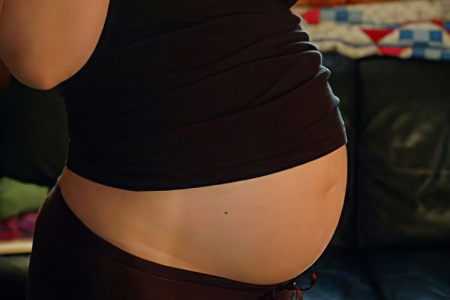
At the end of the month, there are 12 weeks left before delivery (2 months 24 days).
At the beginning of the month the fetus is 22 weeks old, at the end of the month it is 26 weeks old.
The weight of the fetus is about one kilogram, its length is about 35 cm.
The fetus moves a lot, turns and pushes with its legs so that it can be seen even from the outside. He opens and closes his eyes, has a strong grip on his hands.
The uterus has risen to the level of the navel. The first contractions of the uterus may be felt in such a way that the abdomen "hardens" for a few seconds.
back to index
The eighth month of pregnancy (weeks 29-32)
begins when 28 weeks have elapsed from the first day of the last menstruation
At the end of the month, there are 8 weeks left before delivery (1 month 26 days).
At the beginning of the month the fetus is 26 weeks old, at the end of the month it is 30 weeks old.
The fruit is about 40 cm long and weighs about 1. 5 kg.
5 kg.
In appearance, the fetus is similar to a newborn, however, it is more fragile, If it had been born, it could have remained alive.
However, the fetus's lungs and many other organs are not yet fully developed. It does not have all the antibodies that a full-term fetus has.
REMEMBER! during this period, you should not work for a long time standing on your feet, lifting heavy weights or doing other heavy work.
back to index
The ninth month of pregnancy (weeks 33-36)
begins when 32 weeks have elapsed from the first day of the last menstruation.
At the end of the month, there are 28 days or four weeks left before delivery.
At the beginning of the month the fetus is 30 weeks old, at the end of the month it is 34 weeks old
The length of the fetus is about 47 cm, weight is about 2700 g.
The fetus moves less than before, as the uterus becomes cramped for him. Most fruits turn head down during this period.
A greasy layer forms on the surface of the skin, the so-called.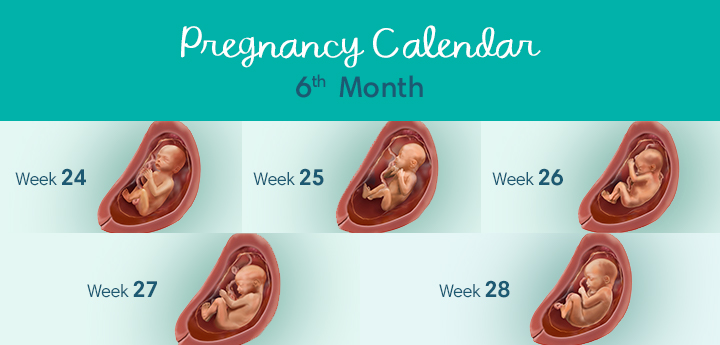 original lubricant.
original lubricant.
The uterus has risen to its maximum height, to the ribs.
REMEMBER! Prepare now everything you need for the child.
back to index
The tenth month of pregnancy (weeks 37-40)
- begins when 36 weeks have elapsed from the first day of the last menstruation, or 34 weeks from the start of fertilization.
At the beginning of the month, the fetus is 34 weeks old and is usually born at 38 weeks.
The uterus descends and the fetal head is placed in the exit position. The cuts are greatly enhanced.
The fetus pushes so hard in the uterus that it can knock over a book placed on the mother's stomach.
Most newborns are 49 to 52 cm long and weigh 3,000 to 4,000 grams. Childbirth occurs at the end of the tenth month of pregnancy. However, the onset of labor a week earlier or a week later is a common occurrence.
REMEMBER! If amniotic fluid begins to leak, pain or spotting occurs, or when contractions become regular, you should immediately go to the maternity hospital. (See the chapter on Childbirth.)
(See the chapter on Childbirth.)
Although pregnancy is a normal state, it tires a woman's body. All organs must adapt to the new state. The metabolism is accelerated, breathing and blood circulation are more efficient, the uterus is enlarged. During pregnancy, the placenta secretes many enzymes and hormones, which, along with the corpus luteum and the lower cerebral appendage, regulate the changes that occur in the body.
back to index
25-28 weeks of pregnancy
25 weeks of pregnancy
Baby at twenty-fifth week
This week, the baby is mostly head down. Even if this does not happen, there will still be time to change the situation. The body length of the baby reaches 32 cm, weight - about 750 g. The face is already almost formed and you can clearly see the cheeks, nose, lips, eyebrows and eyelids. During this period, the weight gain in the baby will go faster than the growth in length. Mom can even feel how the baby hiccups. You should not worry about this, but you need to tell the doctor. The baby is actively moving at night and during the day, his lungs have completed the process of formation, although they are not yet ready to fully function. The skin on the body is already brightening and straightening. Now the skeletal system is actively strengthening, so mom needs to eat more foods containing calcium. Subcutaneous fat continues to accumulate, and this is the reason for the formation of wrinkles on the legs, arms and buttocks. This week is very interesting because the baby can already clench his fists and play with his fingers, and right now it is determined whether he will be right-handed or left-handed. You can also track in what periods the baby sleeps and when he is awake.
The baby is actively moving at night and during the day, his lungs have completed the process of formation, although they are not yet ready to fully function. The skin on the body is already brightening and straightening. Now the skeletal system is actively strengthening, so mom needs to eat more foods containing calcium. Subcutaneous fat continues to accumulate, and this is the reason for the formation of wrinkles on the legs, arms and buttocks. This week is very interesting because the baby can already clench his fists and play with his fingers, and right now it is determined whether he will be right-handed or left-handed. You can also track in what periods the baby sleeps and when he is awake.
Mother's well-being at the twenty-fifth week
The expectant mother's tummy is growing, weight is steadily gaining (approximately 350 g per week). Now it is important to control salt intake in order to avoid possible edema. They can be not only unpleasant, but also quite dangerous.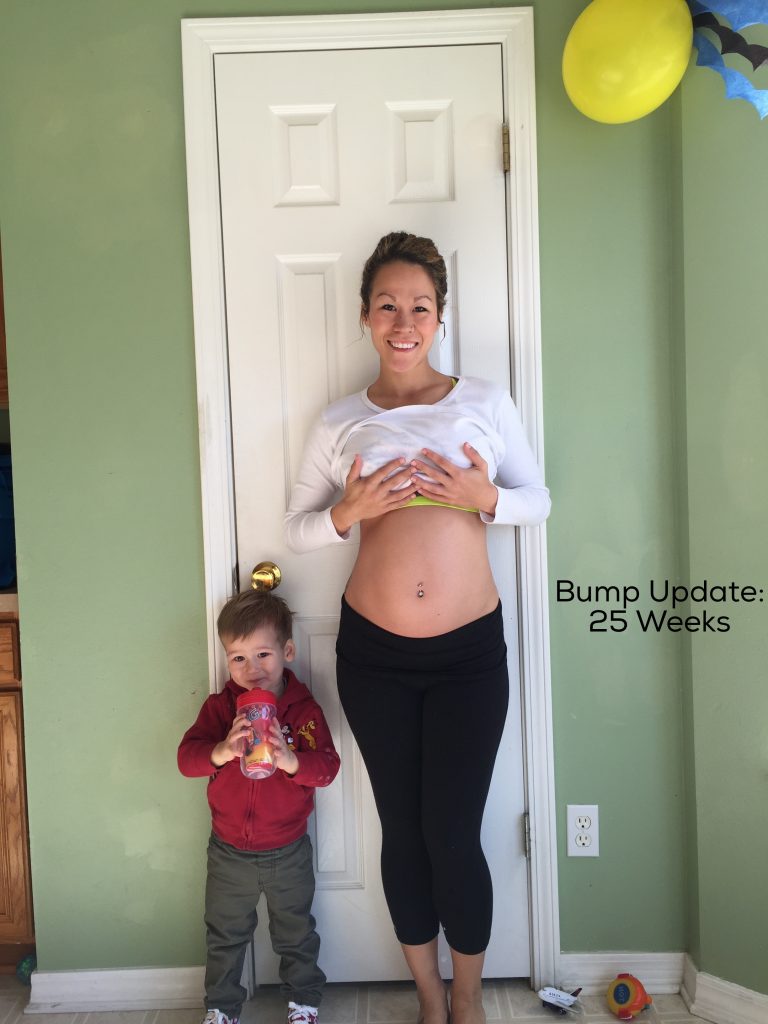 Mom feels great, but it is very important not to overload yourself and take good care of yourself. A woman constantly needs positive emotions, good sleep and rest. This week, the bottom of the uterus rises above the pubis by 25 cm. If this distance is less, the doctor may state a lag in the development of the crumbs, so control is important. A growing uterus can limit physical exercise and the duration of walks, so it is very important for a mother to choose comfortable shoes and clothes, and a bandage will help to make the condition more comfortable. This week it is necessary to control the level of hemoglobin in the blood. Evidence of its decrease may be rapid fatigue, shortness of breath, frequent heartbeat. This is a period of very active consumption of iron, which is so important for the future of the crumbs. In this case, anemia may develop. It is not a disease, but is physiological in nature (it happens only during pregnancy). The appointment of special iron preparations can always correct the situation and bring the hemoglobin level back to normal.
Mom feels great, but it is very important not to overload yourself and take good care of yourself. A woman constantly needs positive emotions, good sleep and rest. This week, the bottom of the uterus rises above the pubis by 25 cm. If this distance is less, the doctor may state a lag in the development of the crumbs, so control is important. A growing uterus can limit physical exercise and the duration of walks, so it is very important for a mother to choose comfortable shoes and clothes, and a bandage will help to make the condition more comfortable. This week it is necessary to control the level of hemoglobin in the blood. Evidence of its decrease may be rapid fatigue, shortness of breath, frequent heartbeat. This is a period of very active consumption of iron, which is so important for the future of the crumbs. In this case, anemia may develop. It is not a disease, but is physiological in nature (it happens only during pregnancy). The appointment of special iron preparations can always correct the situation and bring the hemoglobin level back to normal.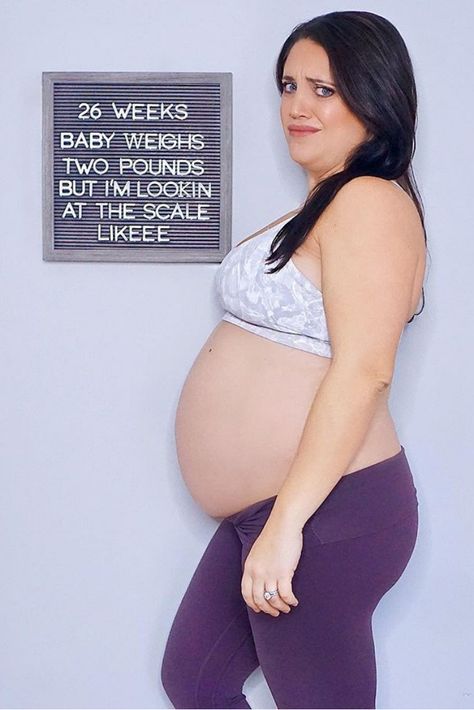
What happens to the baby at the twenty-sixth week of pregnancy
The baby continues to develop and grow, his weight reaches 900 g, and his height is 34 cm. During this period, the baby can already stay alive if he decides to be born prematurely. In the second trimester, almost all the organs of the little man are formed. The intensity of the movements and the force of the pushes of the little one are becoming stronger, and the mother may be uncomfortable and painful. The crumbs have a lot of space, which allows him to tumble and move actively. Although it is already fully formed, the body is still small and thin. Basically, the baby gains weight by accumulating fat and due to muscle growth. The baby is able to distinguish the taste of amniotic fluid, which changes in accordance with what the mother ate. Now there is an active formation of lung tissue, it plays an important role in the respiratory system of a small organism. Within a week, the child's reproductive system effectively develops, in boys the testicles begin to move into the scrotum, and in girls the genitals and vagina are formed.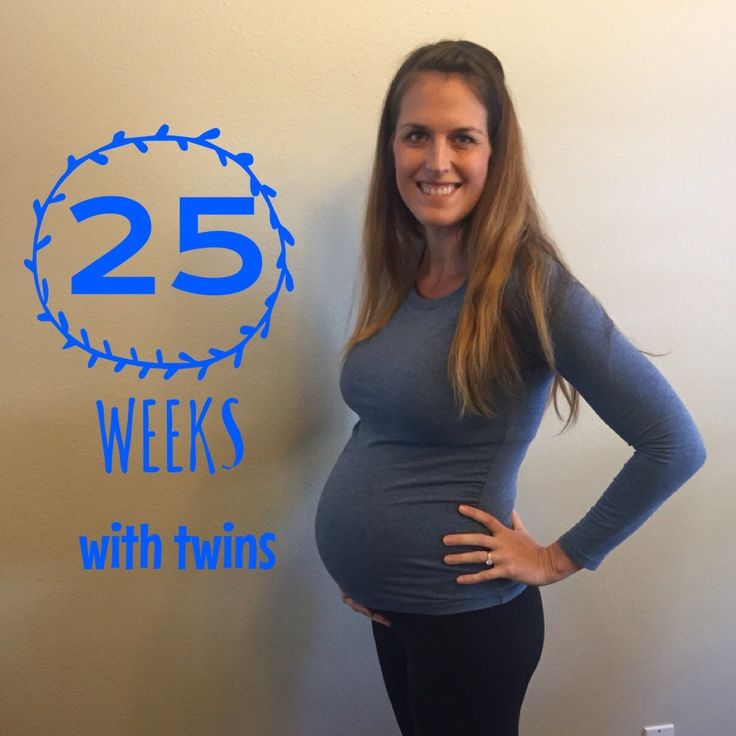 The baby already clearly distinguishes the voices of relatives, recognizes his mother's voice, familiar sounds. Therefore, now he can sing lullabies. The baby hears the mother's heartbeat and after birth will be able to fall asleep better if it is placed on the chest. The baby can already distinguish between light and darkness, his eyeballs continue to form.
The baby already clearly distinguishes the voices of relatives, recognizes his mother's voice, familiar sounds. Therefore, now he can sing lullabies. The baby hears the mother's heartbeat and after birth will be able to fall asleep better if it is placed on the chest. The baby can already distinguish between light and darkness, his eyeballs continue to form.
What happens to the mother at the twenty-sixth week of pregnancy
Already significantly enlarged tummy begins to restrict breathing (I want to take a deep breath), shortness of breath may appear. This week, mom's total weight may increase by about nine kilograms. It is harder for the expectant mother to walk, a bandage, comfortable clothes and shoes will help alleviate the condition. Now it is important for a woman to spend a lot of time outdoors, increasing the number or time of walks. The mother's visual acuity may also decrease, but this is a temporary phenomenon. The bottom of the uterus rises to a distance of 26 cm from the pubis.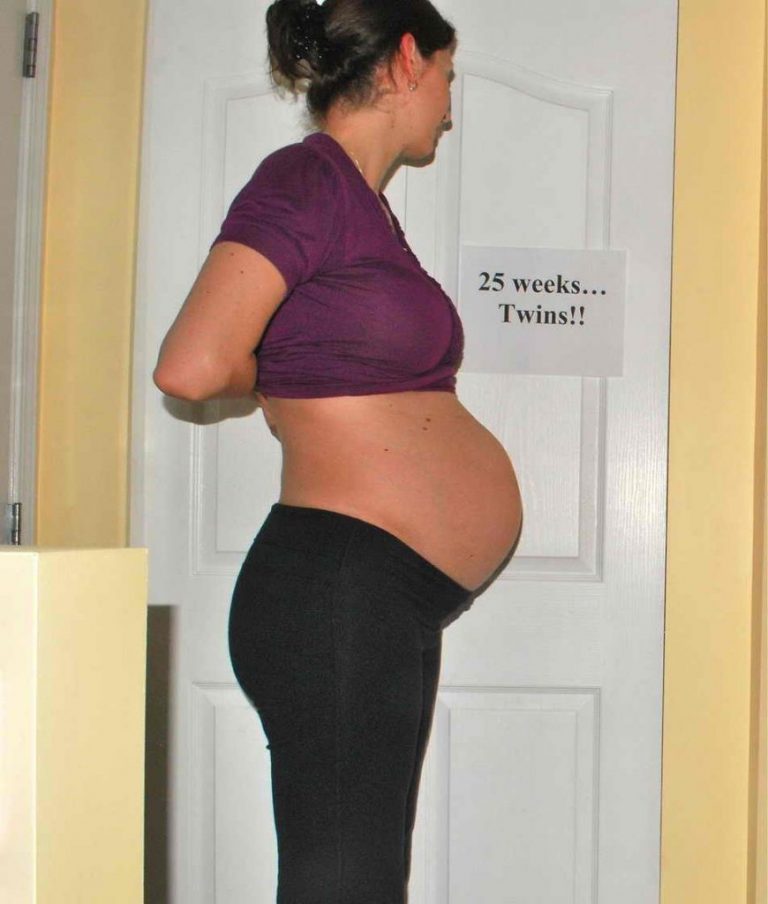 The uterus grows about 1 cm per week, putting pressure on other organs. This week, mom can attend special sports sections and provide herself with moderate physical activity. It is not recommended to stay in a sitting or lying position for a long time.
The uterus grows about 1 cm per week, putting pressure on other organs. This week, mom can attend special sports sections and provide herself with moderate physical activity. It is not recommended to stay in a sitting or lying position for a long time.
Women are now concerned about the appearance of age spots on the skin. There are no effective remedies against this, mom needs to be patient and just wait. After childbirth, the skin condition returns to normal. Practice contractions may appear this week, they are not dangerous, but if they occur, you should inform your doctor. It is very important for a future mother to protect herself from stress, the support and care of loved ones can help in this. For a woman, homemade food is preferable, it is important to split portions and eat often and in small quantities. This will help reduce the discomfort of heartburn and nausea that may occur this week. The process is quite natural, the enlarging uterus puts pressure on the organs of the digestive system and displaces them.
How the baby develops at the twenty-seventh week of pregnancy
Active movements and growth are characteristic of the baby in this week. He still has enough space in his mother's tummy and nothing hinders his movements. The baby actively moves the arms and legs and can still roll over if the head is up. The strength of his pushes increases, and this is due to constant training and an increase in muscle mass. The baby is actively preparing for birth, training arms and legs. From this period, the development of the endocrine system and its important part - the pituitary gland, which plays a huge role in the growth of the baby. The work of the thyroid gland is activated, which produces important hormones that regulate the metabolism in the body. The production of hormones this week allows the baby to provide for his own needs, because until this moment the mother's hormones played the main role. This week is the main one in the formation of the individual metabolic system of the baby and his reaction to many events and processes in life. The weight of the baby also increases, reaching 1000 g, and the length of the body is 34 cm. The baby's body is covered with fluffy hairs, there are small soft nails on the fingers. All the same, the lungs continue to develop, which train for the birth of a baby. The baby receives oxygen through the placenta. The baby begins to distinguish colors and can turn his head towards the light source, he can feel pain and clench his tiny fists.
The weight of the baby also increases, reaching 1000 g, and the length of the body is 34 cm. The baby's body is covered with fluffy hairs, there are small soft nails on the fingers. All the same, the lungs continue to develop, which train for the birth of a baby. The baby receives oxygen through the placenta. The baby begins to distinguish colors and can turn his head towards the light source, he can feel pain and clench his tiny fists.
How the expectant mother feels at the twenty-seventh week of pregnancy
It's getting a little more difficult for mom this week. The activity of the child can cause pain. A woman's mood often changes, and during this period, the support and care of loved ones is especially important. A mother may have experiences and fears that should not be silent, it is better to share them with her husband or girlfriends. On the physiological side, edema, dizziness and increased meteosensitivity may occur. The stretching skin on the tummy often begins to itch, and a special cream can help in this case. The uterus of a woman during this period is located at a distance of approximately 28 cm from the pubis. Mom continues to gain weight, due to an increase in the amount of amniotic fluid, the weight of the placenta and the baby. Under the weight of the tummy, a woman's posture may change, lower back pain and excessive sweating appear. It is better for a woman to rest lying on her side, sleep on her back should be minimized. Ideal for mom and baby will be swimming in the pool. Due to the fact that the baby's endocrine system begins to work independently, changing the hormonal background, the mother feels better. This week, convulsions may appear, you should not be afraid of this, the phenomena will pass after childbirth. Changes in body position, a special cream, light massage of this area will help to minimize discomfort.
The uterus of a woman during this period is located at a distance of approximately 28 cm from the pubis. Mom continues to gain weight, due to an increase in the amount of amniotic fluid, the weight of the placenta and the baby. Under the weight of the tummy, a woman's posture may change, lower back pain and excessive sweating appear. It is better for a woman to rest lying on her side, sleep on her back should be minimized. Ideal for mom and baby will be swimming in the pool. Due to the fact that the baby's endocrine system begins to work independently, changing the hormonal background, the mother feels better. This week, convulsions may appear, you should not be afraid of this, the phenomena will pass after childbirth. Changes in body position, a special cream, light massage of this area will help to minimize discomfort.
Baby at 28 weeks
Baby this week is already 1200 g and 35 cm tall. Gradually, tiny tufted hairs begin to fall out, remaining in the area of the shoulders, back and lower back. The hairs on the head, eyebrows and eyelashes gradually darken, and it is already possible to guess what color they will be after birth. The baby is getting better and better at distinguishing sounds and voices, at this time you can put on lullabies so that he starts to get used to them. The baby is already starting to blink his eyes and open his eyelids a little. The weight of the brain increases, grooves appear on its surface. More and more, the baby begins to distinguish the taste of products. Mom's preferences in tastes and smells will be passed on to the baby, since already from this period he begins to get used to what his mother loves and eats. The skeleton of the baby is already almost formed, but the bones remain soft, and they will continue to harden even after the birth of the baby.
The hairs on the head, eyebrows and eyelashes gradually darken, and it is already possible to guess what color they will be after birth. The baby is getting better and better at distinguishing sounds and voices, at this time you can put on lullabies so that he starts to get used to them. The baby is already starting to blink his eyes and open his eyelids a little. The weight of the brain increases, grooves appear on its surface. More and more, the baby begins to distinguish the taste of products. Mom's preferences in tastes and smells will be passed on to the baby, since already from this period he begins to get used to what his mother loves and eats. The skeleton of the baby is already almost formed, but the bones remain soft, and they will continue to harden even after the birth of the baby.
This week is also important for the formation of the psyche and character of the baby. It may happen that the baby will be more active at night than during the day. Do not worry, during the day when mom walks, the baby sways in her tummy and falls asleep.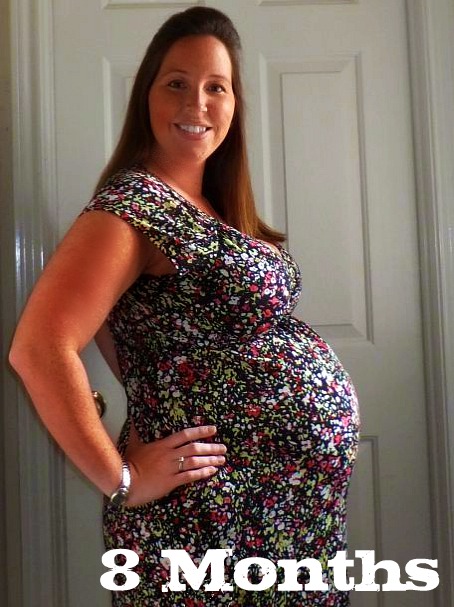 Therefore, its activity at night is quite understandable.
Therefore, its activity at night is quite understandable.
Mom changes at 28 weeks
Mom gains about 10 kg this week, uterus rises 28 cm from the pubis. Now it is very important to take care of yourself, avoid falls and not overwork. Mom feels the movements of the crumbs very well, because he has grown significantly and began to take up more space in the woman's tummy. The movements have become much more felt, and the tremors are now more painful. The baby spends more time in wakefulness, the period of his activity in connection with this has also increased significantly. The condition of the mother now significantly affects the condition of the baby. If the mother is nervous, the baby will be restless too. Much also depends on the mother's nutrition: eating sweets will give the baby energy and cause activity. The woman also experiences increased pain in the lower back, back and legs, she is more likely to get tired and suffer from shortness of breath. For sleep, it is important to choose a comfortable position, and this is becoming increasingly difficult.




